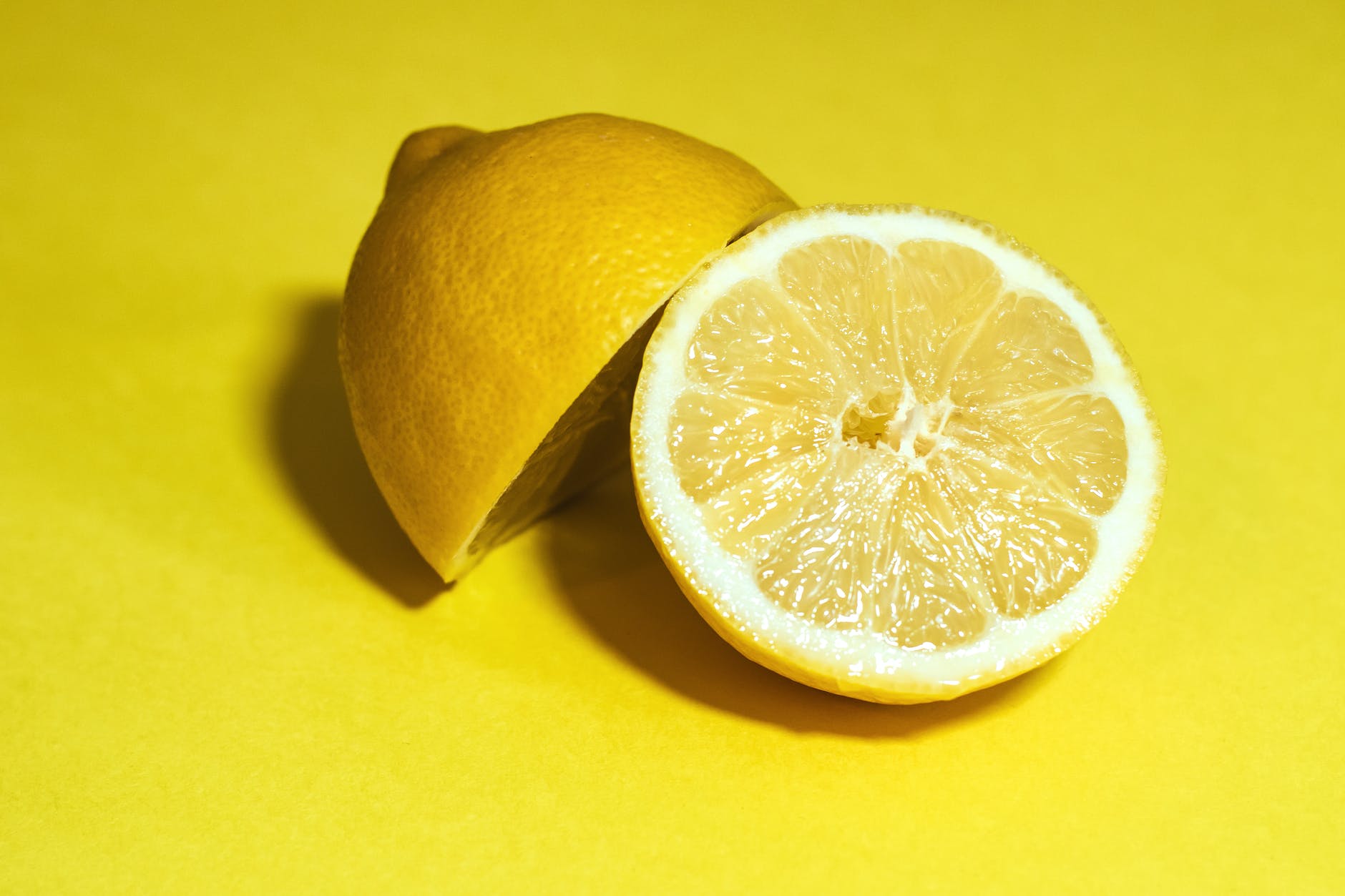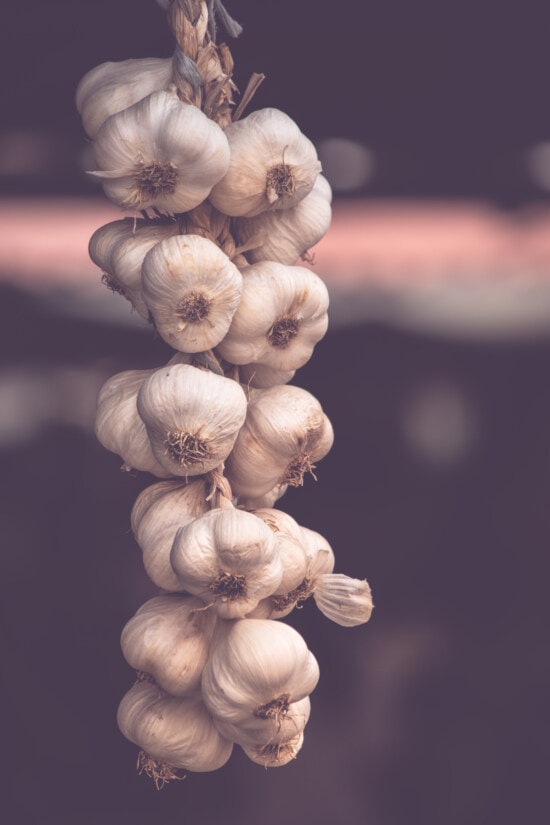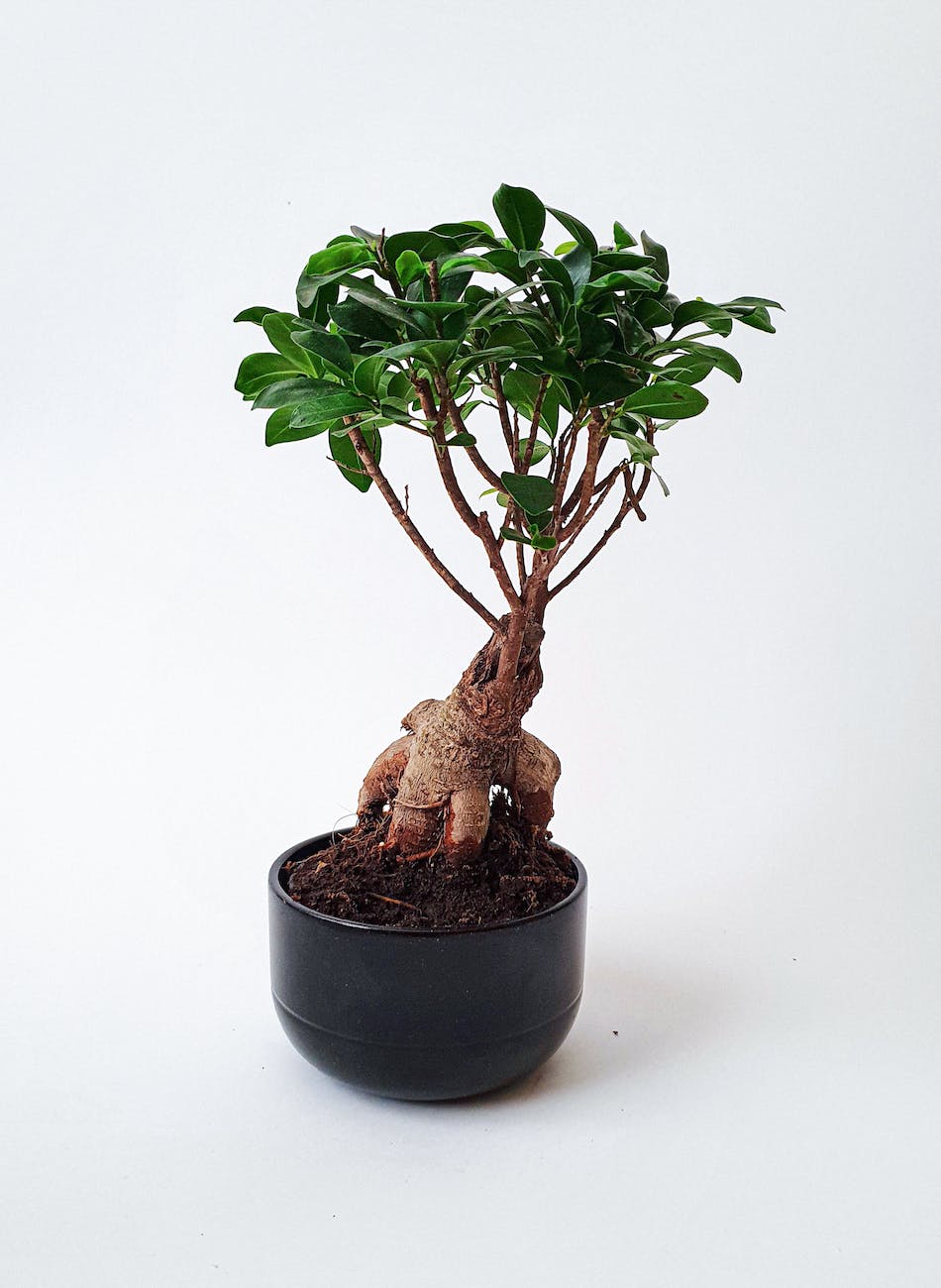
When it comes to combating excessive sweat and staying fresh throughout the day, lemons offer a natural alternative to commercial antiperspirants. Beyond their tangy taste and refreshing aroma, lemons contain citric acid, which possesses astringent properties that can help control perspiration and neutralize odor-causing bacteria. In this comprehensive and detailed blog post, we’ll explore the benefits of using lemon as an antiperspirant and provide you with various methods to incorporate it into your daily routine. Say goodbye to sticky underarms and hello to a fresh and citrusy solution! 🍋💦
💦 Understanding Perspiration and Body Odor: Perspiration, or sweat, is a natural bodily function that helps regulate body temperature and eliminate toxins. However, excessive sweating, medically known as hyperhidrosis, can be a source of discomfort and embarrassment for some individuals. The accompanying body odor occurs when bacteria on the skin break down sweat, leading to an unpleasant smell. While commercial antiperspirants often contain aluminum-based compounds to block sweat glands, using natural alternatives like lemon can be a safer and gentler option.
🍋 Citric Acid: The Secret Weapon: Lemons are packed with citric acid, a natural compound that offers antiperspirant and deodorizing properties. The citric acid acts as an astringent, temporarily constricting sweat glands and reducing perspiration. Additionally, the acidic nature of lemons creates an unfavorable environment for odor-causing bacteria, helping to keep unpleasant odors at bay.
💦 Methods to Use Lemon as an Antiperspirant:
- Lemon Juice: Squeeze fresh lemon juice into a small container or directly onto a cotton pad. Apply the lemon juice to clean, dry underarms, making sure to cover the entire area. Allow the lemon juice to dry before getting dressed. Please note that lemon juice may cause a mild stinging sensation, especially if you have recently shaved or have any cuts or irritations on your skin.
- Lemon Slice: Cut a fresh lemon into thin slices and rub a slice directly onto clean, dry underarms. Gently massage the lemon slice onto the skin for a few minutes to allow the citric acid to work its magic. Rinse off the lemon juice afterward and pat your underarms dry.
- Lemon and Water Spray: Mix equal parts fresh lemon juice and water in a spray bottle. Shake well to combine the ingredients. Spritz the mixture onto your underarms as needed throughout the day to refresh and control perspiration. This method allows for easy and convenient application, particularly when you’re on the go.
💦 Important Considerations and Tips:
- Skin Sensitivity: Lemon juice can be irritating to some individuals, particularly if you have sensitive skin or any open cuts or wounds. It’s essential to perform a patch test on a small area of your skin before applying lemon as an antiperspirant to ensure you don’t experience any adverse reactions. If you have any concerns or pre-existing skin conditions, consult with a dermatologist before incorporating lemon into your routine.
- Hydration and Nutrition: While lemon can help control perspiration and minimize body odor, it’s essential to consider other factors that contribute to excessive sweating. Maintaining proper hydration by drinking an adequate amount of water throughout the day is crucial, as dehydration can worsen perspiration. Additionally, a balanced diet rich in fruits, vegetables, and whole foods can support overall health and minimize body odor.
- Complementing Practices: While lemon can be effective as an antiperspirant, it’s important to adopt other hygiene practices to maintain freshness. Showering regularly, using gentle cleansers, wearing breathable clothing, and practicing good overall hygiene can all contribute to minimizing sweat and odor.
🍋💦 By harnessing the natural power of lemons, you can effectively combat excessive sweating and keep body odor under control. With their astringent properties and ability to neutralize odor-causing bacteria, lemons offer a gentle and refreshing solution for those seeking a natural antiperspirant. Embrace the citrusy freshness and confidently tackle your day with a natural alternative to traditional antiperspirant products.












